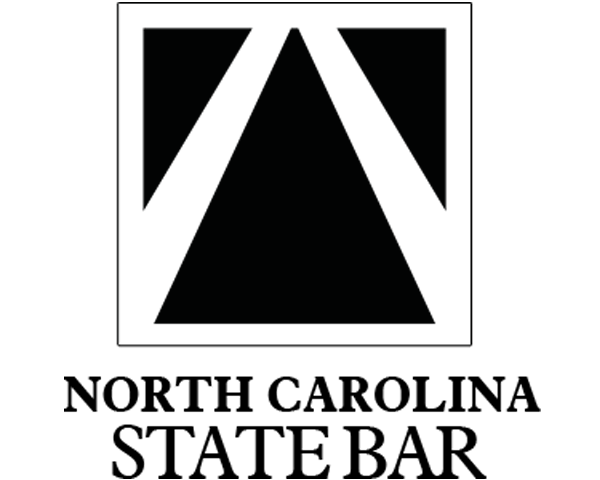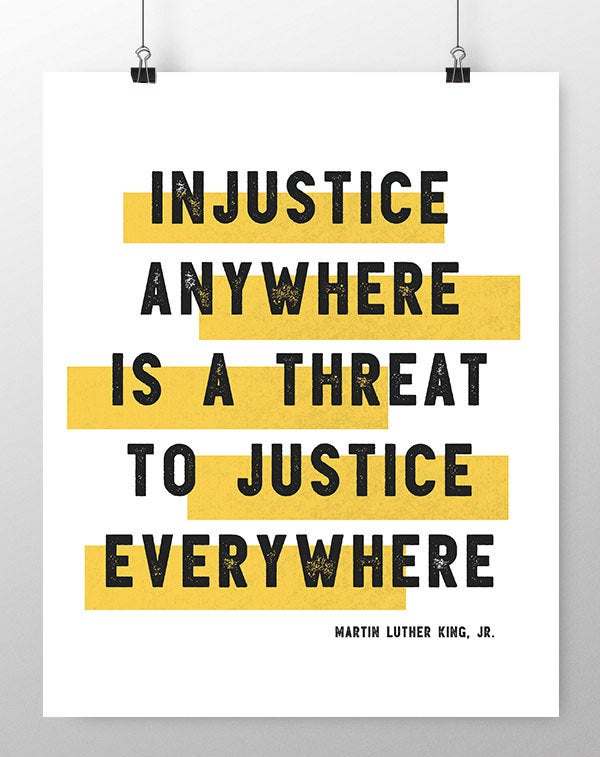North Carolina State Bar Statement on the Gregory Newman Matter
Date: April 28, 2021
On November 12-13, 2020, the Disciplinary Hearing Commission held a disciplinary hearing to decide
whether Gregory Newman engaged in professional misconduct. As in all cases brought before the
Disciplinary Hearing Commission, the North Carolina State Bar was the plaintiff, occupying a role similar
to the role of the prosecutor in a criminal case. The Disciplinary Hearing Commission is an independent
board, occupying a role similar to the role of the court in a criminal case.
The State Bar alleged that Mr. Newman violated the State Bar’s Rules of Professional Conduct as follows:
a) By falsely informing the court that the victim had been notified of the plea and did not wish to
be heard, Defendant knowingly made a false statement of material fact to a tribunal in violation of
Rule 3.3(a)(1), engaged in conduct involving dishonesty, fraud, deceit or misrepresentation that
reflects adversely on the lawyer’s fitness as a lawyer in violation of Rule 8.4(c), and engaged in
conduct prejudicial to the administration of justice in violation of Rule 8.4(d);
b) By failing to inform [a victim] of the scheduled guilty plea before resolving the case despite her
request to be heard, Defendant engaged in conduct prejudicial to the administration of justice in
violation of Rule 8.4(d);
c) By failing to inform the court that his statement that the victim had been notified of the plea and
did not wish to be heard was false, Defendant knowingly failed to correct a false statement of
material fact previously made to the tribunal in violation of Rule 3.3(a)(1) and engaged in conduct
prejudicial to the administration of justice in violation of Rule 8.4(d); and
d) By making false statements about the Sapp case to the State Bar during the grievance
investigation, Defendant knowingly made false statements of material fact in connection with a
disciplinary matter in violation of Rule 8.1(a), engaged in conduct involving dishonesty, fraud,
deceit or misrepresentation that reflects adversely on the lawyer’s fitness as a lawyer in violation of
Rule 8.4(c), and engaged in conduct prejudicial to the administration of justice in violation of Rule
8.4(d).
The Disciplinary Hearing Commission found that the State Bar proved these allegations by clear, cogent,
and convincing evidence. In the discipline phase of the hearing, the State Bar argued that Mr. Newman’s
conduct warranted disbarment and asked the Disciplinary Hearing Commission to disbar Mr. Newman or
to impose a lengthy active suspension of his law license. The Disciplinary Hearing Commission suspended
Mr. Newman’s license for 3 years but stayed the suspension as long as Mr. Newman meets certain
conditions.



